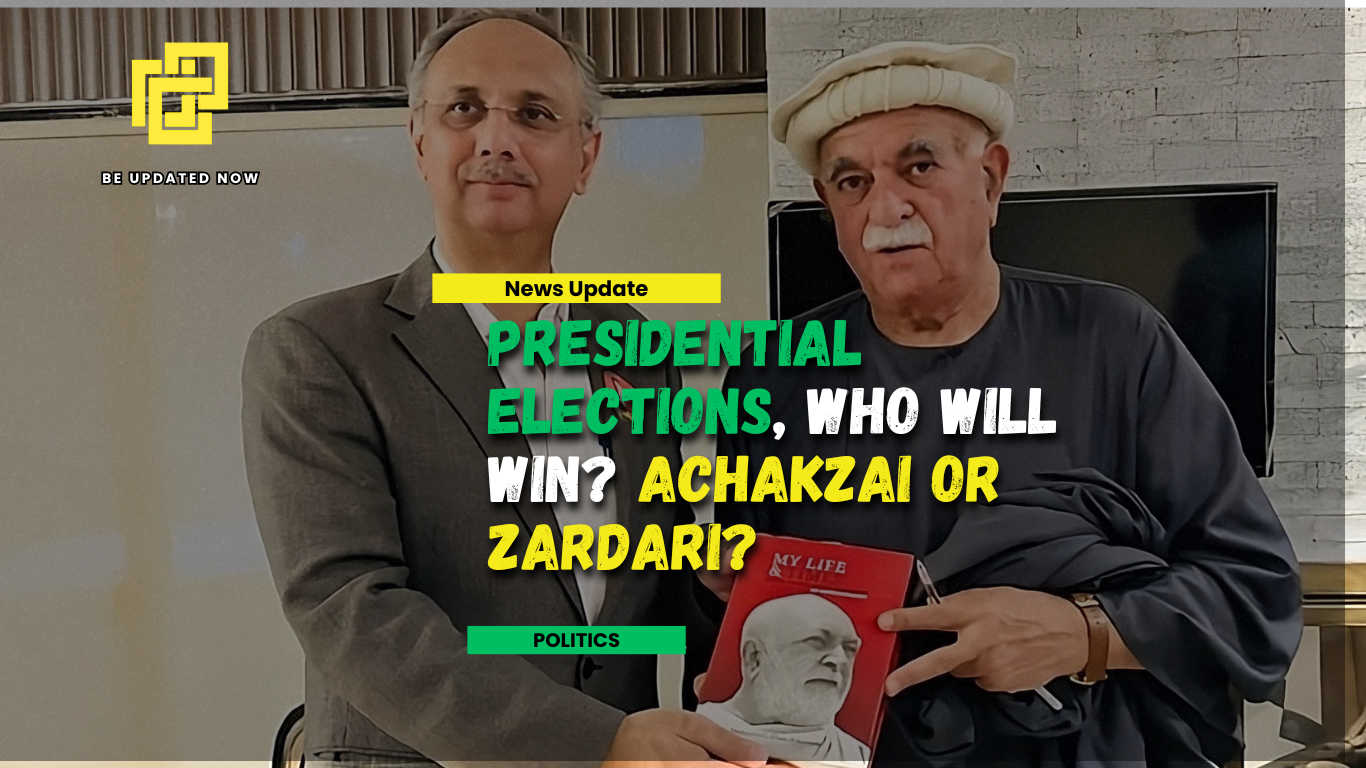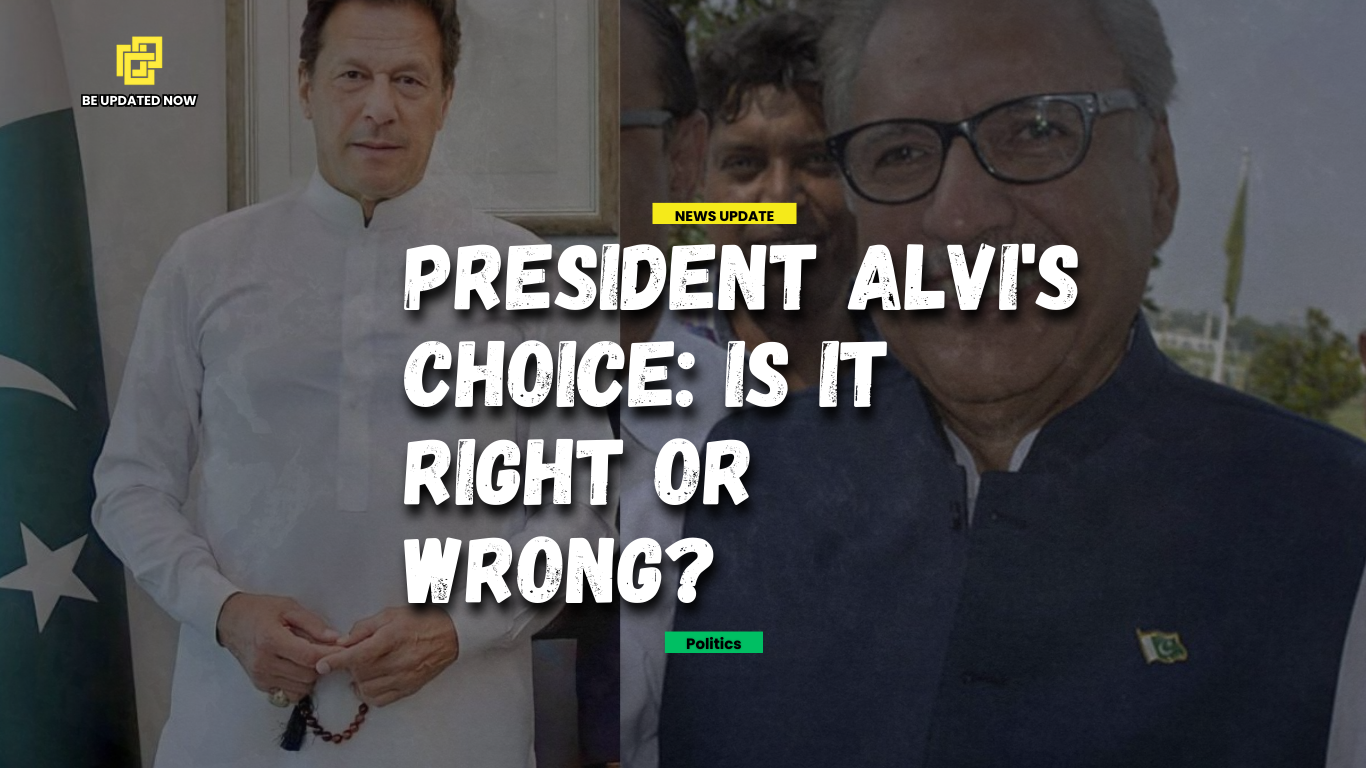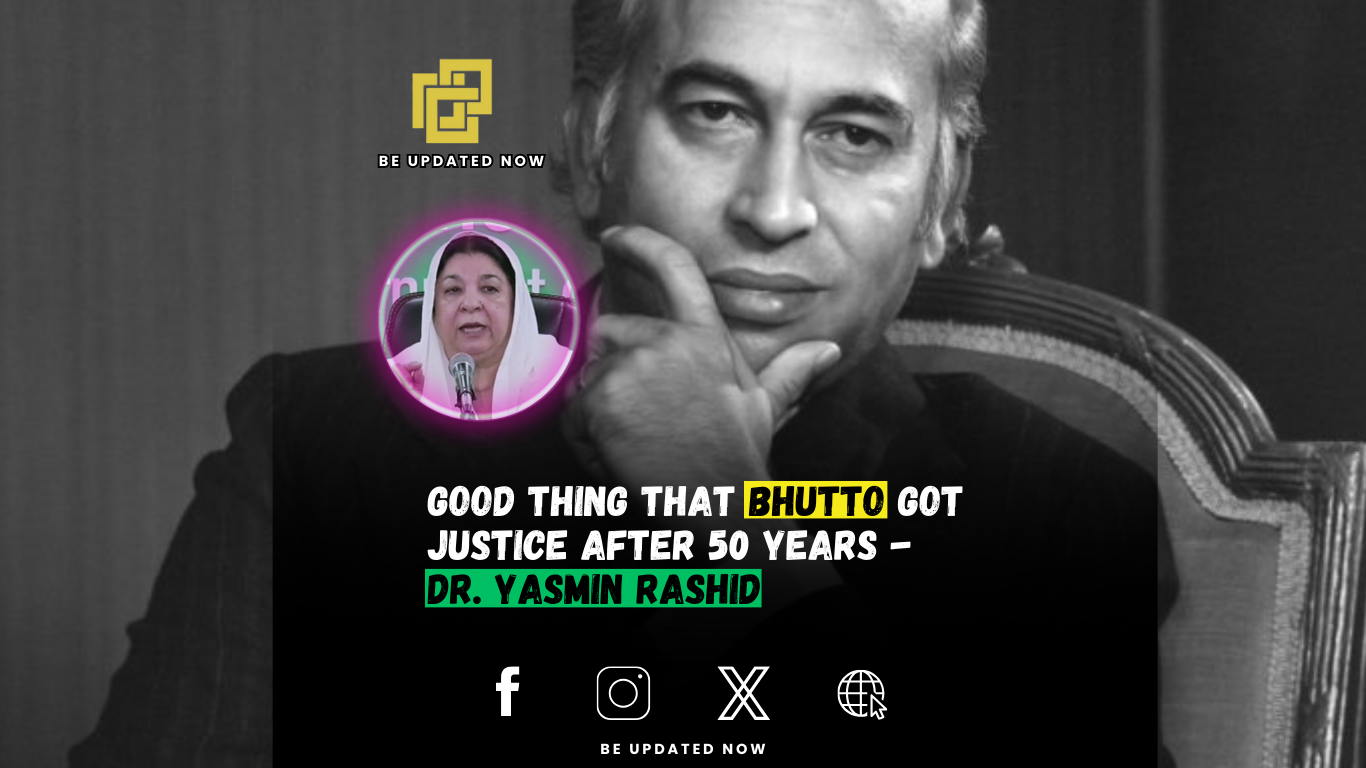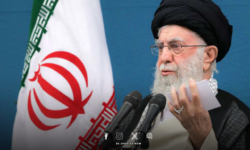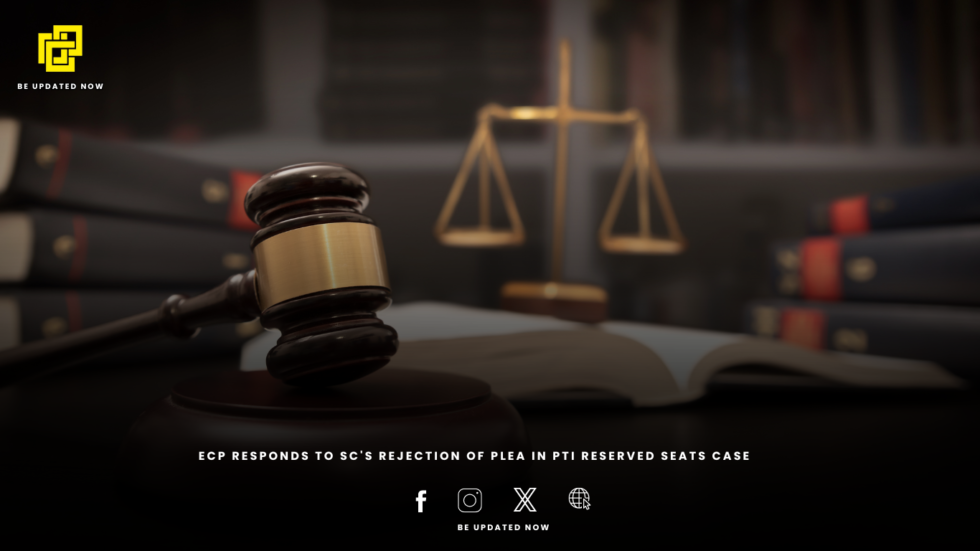
The Election Commission of Pakistan (ECP) has officially responded to the Supreme Court’s rejection of their plea concerning the Pakistan Tehreek-e-Insaf (PTI) reserved seats case. This ongoing legal battle has been a key point of tension between the ECP and the judiciary, with both sides presenting contrasting narratives regarding the resolution of PTI’s internal election disputes.
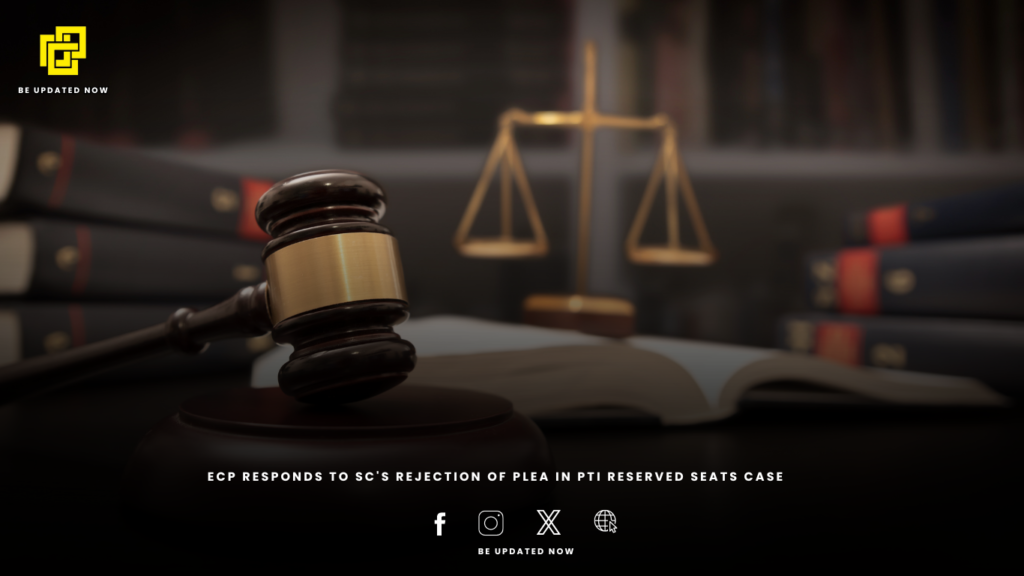
Supreme Court’s Verdict
The Supreme Court’s (SC) decision to reject the ECP’s plea has cast a significant spotlight on the complexities of this case. In a majority ruling, eight justices, including Justice Syed Mansoor Ali Shah and Justice Munib Akhtar, criticized the ECP for attempting to delay the proceedings. The court accused the ECP of employing what they referred to as “stalling tactics,” asserting that the electoral body had already recognized Barrister Gohar Khan as PTI’s chairman. The SC’s ruling was clear: the ECP’s plea for clarification was not justified.
The SC order explicitly stated, “The commission’s request for clarification is a contrived device, and they cannot take contradictory stances to suit their purposes. The ECP must resolve the matter without further delay.”
This judgment has effectively put the ECP under pressure to finalize decisions surrounding PTI’s internal leadership and reserved seats without additional delays. The SC’s stern language also suggests that any further attempts by the ECP to prolong the case may not be tolerated.
ECP Response
In light of the SC’s rejection, the ECP has issued a statement clarifying its position. The electoral body emphasized that the internal election dispute within PTI remains unresolved, and no conclusive decision has been made regarding leadership matters. According to the ECP, it has been consistently working to address the issues in a timely manner, but has faced challenges due to PTI’s alleged stalling tactics.
Sources within the ECP noted that PTI has yet to fully cooperate with the process, leading to prolonged delays in reaching a resolution. The ECP expressed its disappointment with the SC’s judgment, stating that its plea was made in good faith, seeking further guidance on how to proceed amidst the ongoing dispute.
The ECP also rejected claims that it has officially recognized Barrister Gohar Khan as PTI’s chairman. According to the ECP, this matter is still under review and no formal decision has been made in this regard. The ECP asserted its commitment to resolving the issue as quickly as possible, while adhering to legal procedures and ensuring fairness in the process.
Legal Context: PTI’s Reserved Seats Dispute
The reserved seats dispute has its origins in PTI’s internal leadership election, which has been mired in controversy and legal challenges. The party has faced multiple leadership battles, with different factions vying for control. This infighting has led to a legal quagmire, where PTI’s leadership and the allocation of reserved seats in both national and provincial assemblies have been called into question.
PTI’s internal election dispute has posed a unique challenge for the ECP, as it must navigate the complex political dynamics within the party while also ensuring compliance with electoral laws. This dispute has also drawn the attention of the judiciary, with the SC becoming involved to provide legal clarity.
However, the SC’s recent verdict suggests that the court is losing patience with the ongoing delays and lack of resolution. By rejecting the ECP’s plea for clarification, the SC has sent a clear message that it expects swift action from the electoral body in settling the matter.
Implications for PTI and Pakistan’s Political Landscape
The outcome of this legal battle holds significant implications for PTI, both in terms of its internal dynamics and its political standing in Pakistan. The leadership dispute has created divisions within the party, weakening its ability to present a united front ahead of upcoming elections.
If the ECP eventually recognizes Barrister Gohar Khan as PTI’s chairman, it could lead to further power struggles within the party. However, if the ECP chooses to recognize a different leader or faction, it may also trigger legal challenges from other sections of PTI. In either case, the resolution of this dispute will shape the future trajectory of the party.
For the ECP, the SC’s ruling is a clear directive to expedite the decision-making process. Failure to do so could result in further legal consequences or accusations of incompetence from both the judiciary and the public. The electoral body is already facing scrutiny over its handling of the case, and any additional delays may erode public trust in its ability to manage elections fairly and effectively.
Broader Impact on Electoral Integrity
This case also has broader implications for the integrity of Pakistan’s electoral process. As the body responsible for overseeing elections, the ECP plays a crucial role in ensuring that all political parties adhere to the rules and regulations set forth in the country’s constitution. However, if the ECP is seen as incapable of managing internal party disputes or is accused of bias, it could undermine the legitimacy of future elections.
The SC’s ruling has underscored the importance of transparency and accountability in the electoral process. By rejecting the ECP’s plea, the court has emphasized the need for timely and decisive action from the electoral body. Moving forward, the ECP must work diligently to resolve PTI’s leadership dispute and other similar cases, ensuring that all parties are treated fairly and in accordance with the law.
Future Legal and Political Challenges
While the SC’s ruling has brought some clarity to the PTI reserved seats case, the road ahead is likely to be filled with additional legal and political challenges. PTI’s internal leadership dispute may continue to play out in the courts, especially if the ECP eventually reaches a decision that one or more factions of the party find unacceptable.
Furthermore, the broader political landscape in Pakistan is currently in a state of flux, with multiple parties vying for power ahead of the next general elections. The resolution of the PTI leadership dispute could have a ripple effect on other political parties, particularly if the ECP’s decision sets a precedent for how similar disputes are handled in the future.
It is also possible that the SC’s ruling could inspire further legal reforms to streamline the resolution of internal party disputes. If the judiciary continues to intervene in cases like this, lawmakers may feel compelled to introduce new legislation that clarifies the role of the ECP and the courts in managing party elections and leadership disputes.
Conclusion: What Lies Ahead?
The rejection of the ECP’s plea by the Supreme Court has added a new layer of complexity to the PTI reserved seats case. As the ECP works to resolve the internal election dispute within PTI, it faces increasing pressure from the judiciary to act quickly and decisively. At the same time, PTI’s leadership remains in flux, with various factions jockeying for control of the party.
The resolution of this case will have far-reaching implications for Pakistan’s political landscape, shaping the future of PTI and potentially setting new legal precedents for how internal party disputes are resolved. For now, the ECP must focus on addressing the concerns raised by the Supreme Court and bringing the matter to a close without further delay.
In the coming weeks and months, all eyes will be on the ECP and the judiciary as they navigate the complexities of this high-profile case. Whether the ECP can rise to the challenge and restore public confidence in the electoral process remains to be seen. However, one thing is certain: the outcome of this case will have a lasting impact on Pakistan’s political future.

